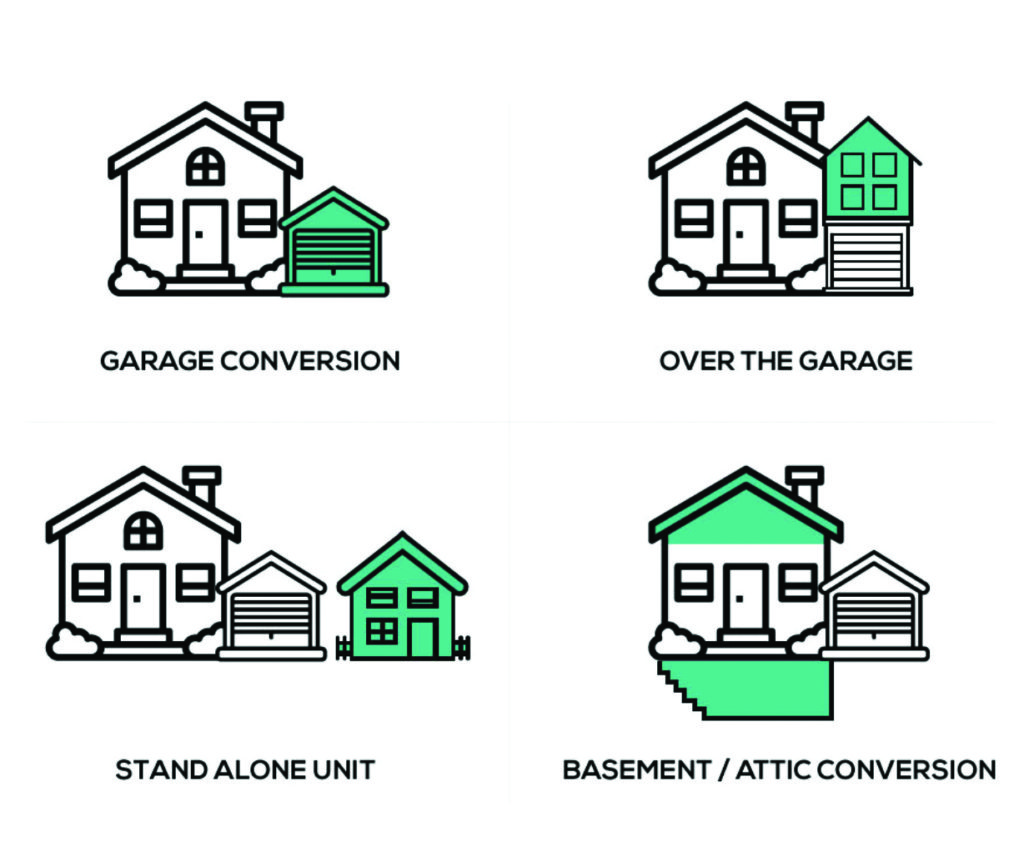New York State is facing an existential crisis – and it’s completely the fault of its own politicians
At the start of the year, Governor Kathy Hochul made vague and somewhat ominous statements in her 2022 State of the State televised speech about housing policy, stating that she would “fix outdated land use laws that hold back housing supply” and that “transit-oriented development” was also part of her overall housing strategy for New York State.
Unfortunately, the devil is in the details, which were fleshed out in the actual State of the State Report and subsequent legislation submitted by the Governor. For the first time in living memory, the Executive Branch of New York State proposed to dictate land use and zoning laws in a blanket fashion across the entire state, abrogating “home rule” everywhere. This action was aimed at sticking a thumb in the eye of local governments and representatives, who tend to understand how best to plan for present and future development challenges and opportunities.
The first bill, sold as the solution for the lack of affordable housing in New York’s cities, towns, and villages, called for requiring every single-family zone from Buffalo to Montauk to allow at least one additional accessory dwelling unit, or ADU, on each individual lot. If adopted, this would have effectively eliminated one-family zoning in New York State.
Additionally, this bill required New York City to give total amnesty to the tens of thousands of illegal conversions which have been created by unscrupulous property owners over the past three decades – units which are market rate; of substandard construction; and, as Hurricane Ida recently proved, sometimes deadly.
The second bill focused on transit-oriented development, or TODs, which is a planning strategy to increase density in areas within theoretical walking distance of train stations. While Governor Hochul seemed to describe a partnership and incentivized approach with affected communities in the State of the State Report, with a promise to “foster multifamily construction in zones drawn by municipalities around rail transit stops,” her actual legislation called for mandatory increases in density – to the tune of a minimum of 25 units per acre – on every residentially zoned parcel of land within a half mile of each Long Island Railroad, Metro North and Amtrak station.
As word spread Statewide about Governor Hochul’s actions during the past few weeks – and other similar bills introduced by State Senators Peter Harckham and Brad Hoylman, and Assembly Member Harvey Epstein – the shock and anger among local elected officials, residents and property owners has been palpable; the response has been overwhelmingly and adamantly in opposition to what they see as a power grab of epic proportions which may violate the “home rule” provisions of the State Constitution.
As a result, Governor Hochul’s legislation – quietly (and cynically) inserted into the budget several weeks ago due to its overwhelming unpopularity – was amended at the last possible minute to remove all but the blanket amnesty provision for illegal apartments in New York City. While Hochul’s political calculus may have responded to the continuing damage to her standing in the suburbs, the decision to keep the amnesty provision in the budget has enraged many elected officials – and “triple prime” voters – in New York City, placing her candidacy in further danger.
It is important to understand that the other portions of the ADU legislation were replicated in active bills in the State Assembly and Senate. Should these bills pass, more than 12 million people – over 60% of the population of New York – would be directly affected by these actions; their infrastructural concerns like schools, roads, water, and sewers, are often given short shrift – at best – and are not spelled out or funded by the bills. The orgy of speculative development that will follow, with local governments unable to intervene, will destabilize all of New York State.
And, as recriminations follow and the citizenry either vote with their feet or turn out the current crop of elected officials in response, much hand-wringing will occur by the political class, wondering how they got it so wrong.
In a game of political chicken like this, one thing is for certain: everyone loses.
Paul Graziano is an urban planning, land use and zoning consultant and the principal of Associated Cultural Resource Consultants.



